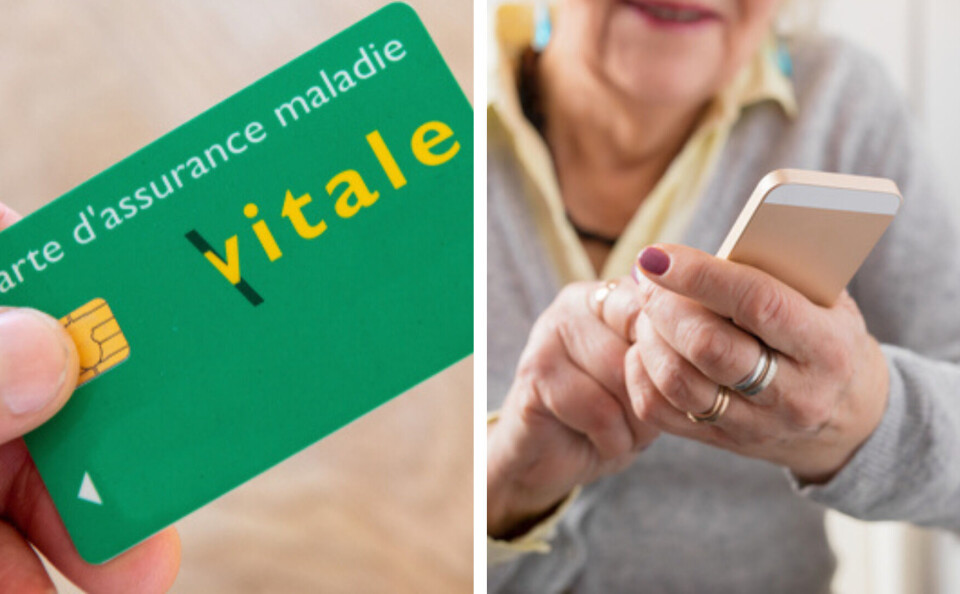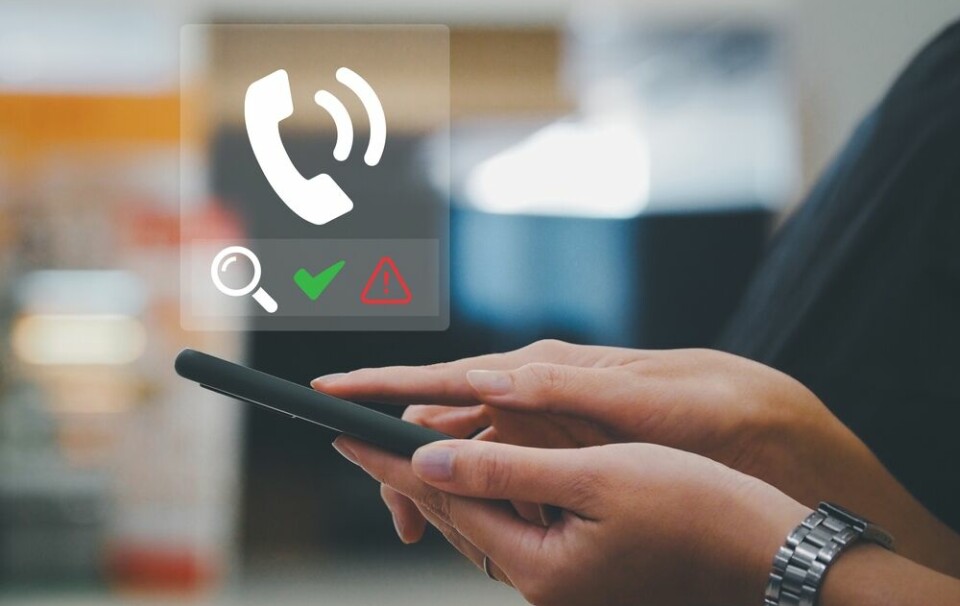-
Ryanair’s presence confirmed at Tours-Val de Loire airport
Bookings for summer flights to Marseille and Morocco are already open
-
Peak in flu cases in France expected in January
Pressure on hospitals is expected to intensify after the holiday period
-
France sees coldest Christmas Day in 15 years as ‘grand froid’ plan triggered
Sharp drop in temperature sees cold weather plan activated in more than a dozen departments
Conditions of use set out for France’s healthcare e-carte Vitale app
The national technology commission has approved the smartphone e-card but specified conditions required to ensure the system does not ‘accentuate the digital divide’

The use of the new healthcare e-carte Vitale on smartphones has been approved by France’s data protection authority - but with conditions.
The major condition set by the Cnil (Commission nationale de l'informatique et des libertés) is that users must be able to ask for help to install and use the app at their local caisse d’assurance maladie (health insurance office).
The Cnil specifies: “[Users should have] the right to request support from their health insurance organisation for the installation of the app.”
The system is set to be offered to all insured people by December 31, 2025. It will mean that users have access to a digital carte Vitale via a specialised app and will not need to use a real-life plastic card to get their medical reimbursements.
The two systems will continue in tandem with people who want to continue to use the physical card still able to do so.
The digital Carte vitale system – dubbed the e-carte Vitale – is already being trialled in 10 departments after the first eight departments successfully trialled the app last year.
Read more: Healthcare explainer: How France’s new e-carte Vitale will work
The Cnil is keen to ensure that the system “strikes a balance” between offering “an innovative digital service that simplifies users’ daily lives” but does not “accentuate the digital divide”.
The ‘digital divide’ is a term often used to describe the digitisation of society, which critics say excludes older, disabled, lower-income and more vulnerable people.
The commission has also approved the use of biometric facial recognition by app users to ensure the security of the system. However, this must be temporary and should end when the new France Identité identity proof app is ready for use, Cnil states.
Biometric facial recognition will make the carte Vitale app more secure, it said. The France Identité app is part of the new digital, e-identity cards (la carte d'identité électronique, CNIe), which are also set to be rolled out.
This e-carte Vitale app will, the Cnil states, enable users to “consult their rights, download the documents they need for their treatment and follow up on reimbursements”. It could also be used as a means of identification to access digital health services, for example those of a complementary top-up health insurance.
The idea for a digital carte Vitale was first announced in 2019, when the apCV was trialled in Rhône and Alpes-Maritimes.
Read also
Carte Vitale, prescriptions: Ten changes for health in France in 2023
Digital carte Vitale: Where, how and when is this used in France?
























